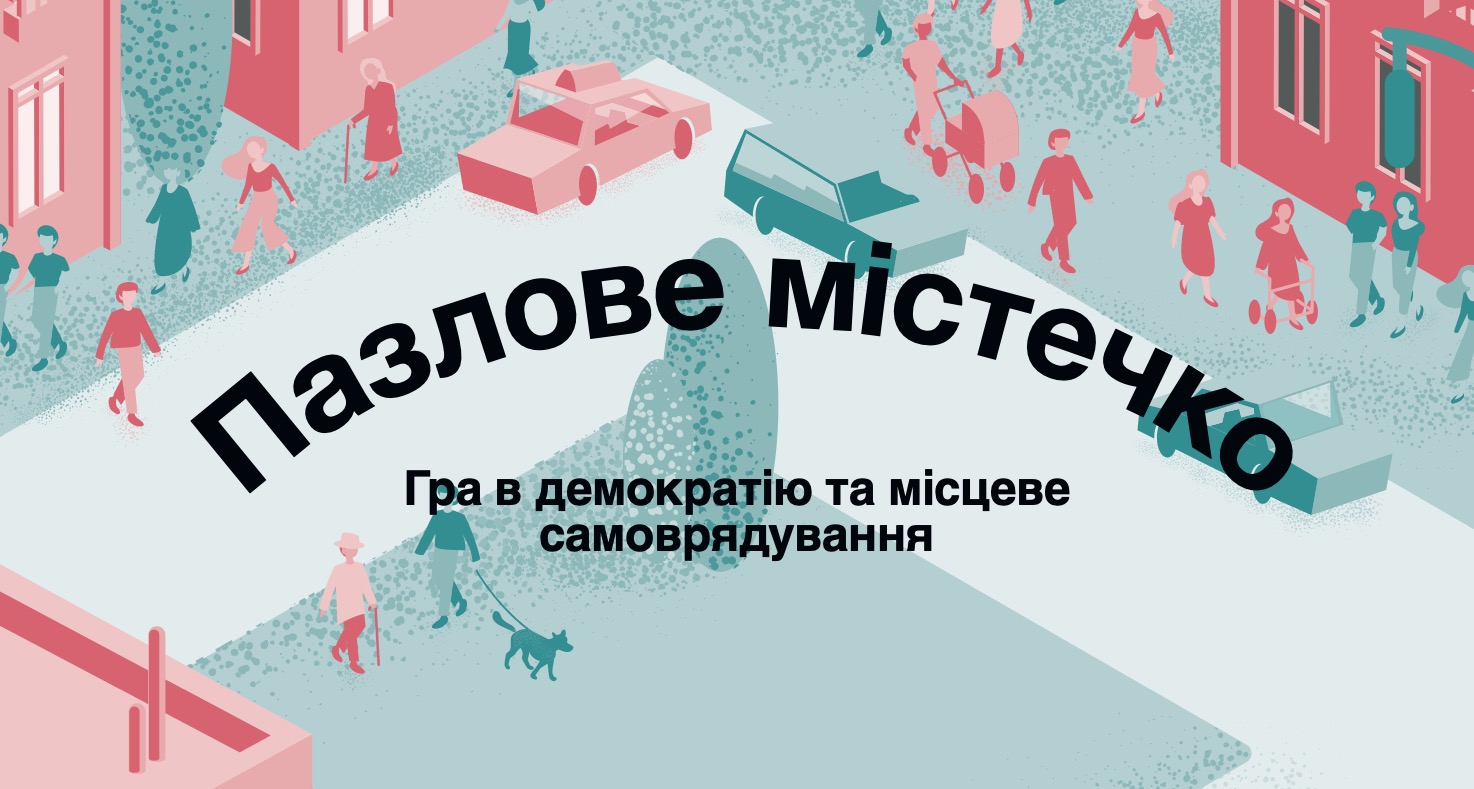Puzzeltown is a game-based method designed to spark meaningful conversations about local democracy and governance. Whether you’re a civil society actor or a librarian, this guide will help you organize a successful game session in your community.
Why Puzzletown?
Puzzletown transforms complex issues like municipal decision-making, budgeting, and governance into an engaging and interactive experience. Participants step into the roles of decision-makers, navigate challenges, and learn how municipalities function in a hands-on way.
What you need to run a session
1. A suitable space
A library, community center, or any accessible venue with enough room for up to 25 participants is ideal. The space should have tables and chairs for discussions and a large enough floor area if you’re using the big floor version of the game.
2. The Game
There are two ways to organize the session:
- Borrow a big floor game: Some libraries or NGOs already have a copy. If you don’t, check with other organizers or reach out to us.
- Use a table-top version: If a floor game isn’t available, you can print and assemble a smaller board version.
3. A trained gamemaster
Each session is led by a gamemaster, someone familiar with the rules and structure of the game. Ideally, this is a librarian or a civil society representative who has attended a training in Kyiv or participated in a previous session.
4. Participants
- Sessions work best with 15–25 participants.
- A mix of local activists, students, municipal employees, and engaged citizens ensures diverse perspectives.
5. The session structure
Each Puzzletown session follows this structure:
- Introduction (20 min): Participants get a brief overview of local governance, democracy, and municipal mandates.
- Game session (90 min): Players take on decision-making roles, experience budget trade-offs, and navigate governance challenges.
- Reflection and discussion (30 min): The most important part! Participants share insights, relate their experiences to real-life governance, and discuss takeaways.
Promoting your event
To ensure a successful session, spread the word via social media, posters, and community announcements. We’ve prepared ready-to-use materials to make promotion easy (see resources below!).
Working with the municipality
In some cases, getting approval from the municipality or local authorities is needed. We’ve drafted a template letter you can use when reaching out to them.
